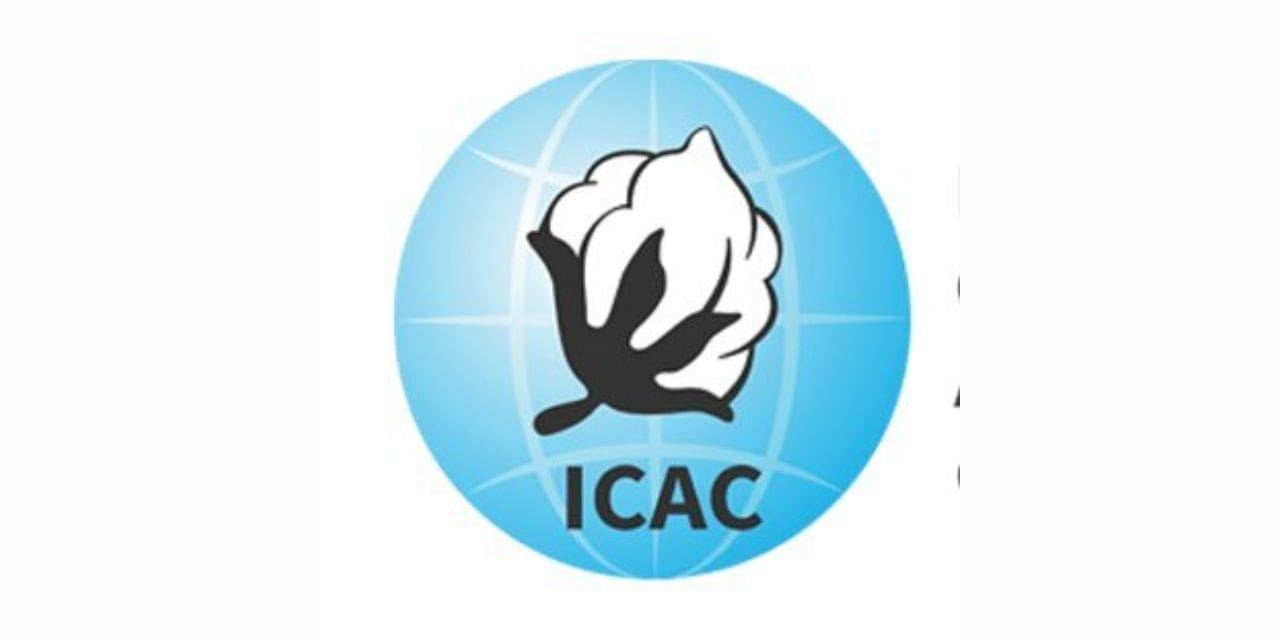Washington, DC — The latest edition of “Cotton: Review of the World Situation” dedicates all of its pages to an issue that has enormous implications for the entire cotton value chain: traceability legislation. It might not sound like a threatening topic, but the policies being developed right now have the potential to devastate not just cotton, but all natural fibers.
That’s because there can be no sustainability without traceability. Studies have shown that more than half of the environmental claims that companies make about their products are vague, misleading, or unfounded. As a result, governments are understandably developing their own policies to ensure such claims are accurate and justified, thus empowering consumers and rewarding businesses for their legitimate sustainability efforts.
However, it can be difficult for legislators to grasp the complexities of the textiles industry, and that is where the danger lies. All fibers — natural and otherwise — must be held to the same standard, but some of the major legislation being crafted now does not provide a level playing field.
This free, 35-page issue of the Review addresses that topic from multiple angles, including the perspectives of the four Permanent Committees in the ICAC’s Private Sector Advisory Council (PSAC):
- Producers and ginners,
- Merchants and related activities,
- Spinners, weavers, and textile machinery manufacturers, and
- Brands and retailers.
There also are articles from Dalena White, Secretary General of the International Wool Textile Organization; Lorena Ruiz, ICAC Economist and editor of the Review; Nate Herman, Senior Vice President of the American Apparel and Footwear Association; and Peter Wakefield, Chair of the PSAC.
To access this free edition of the Review, please click here.

